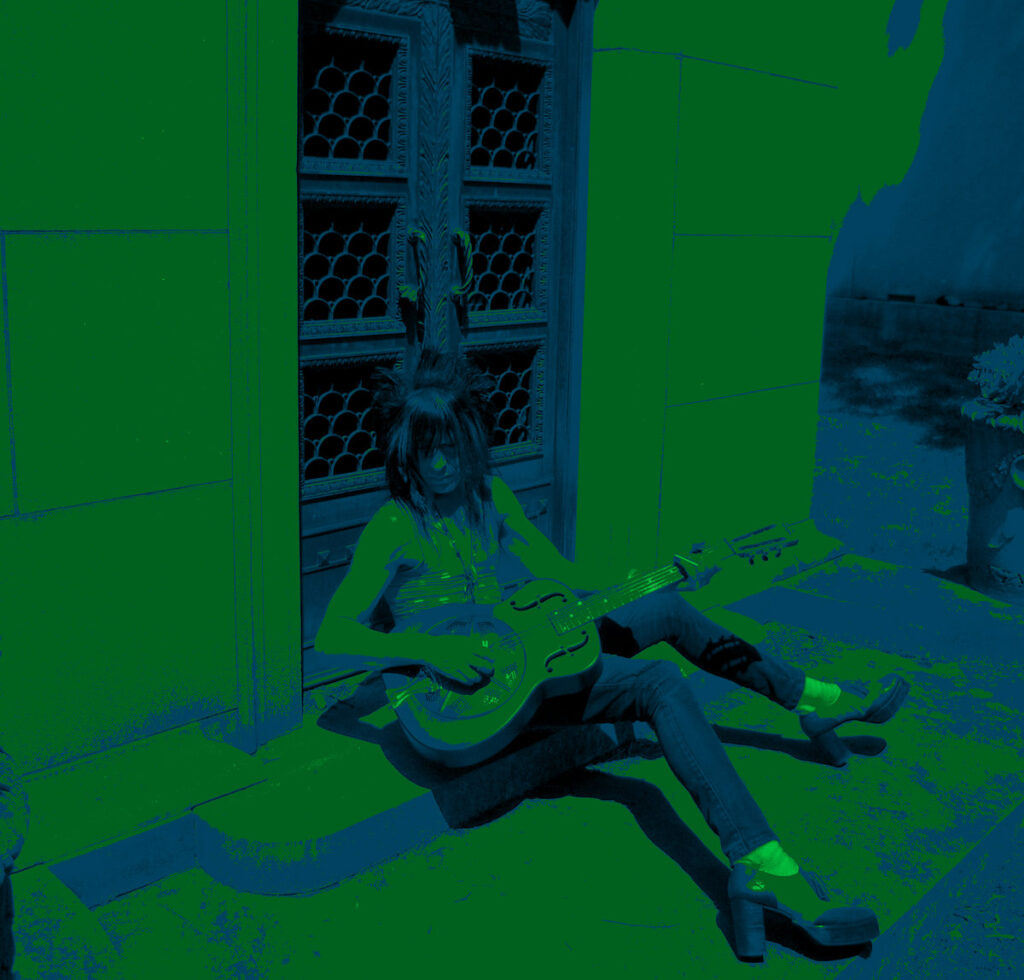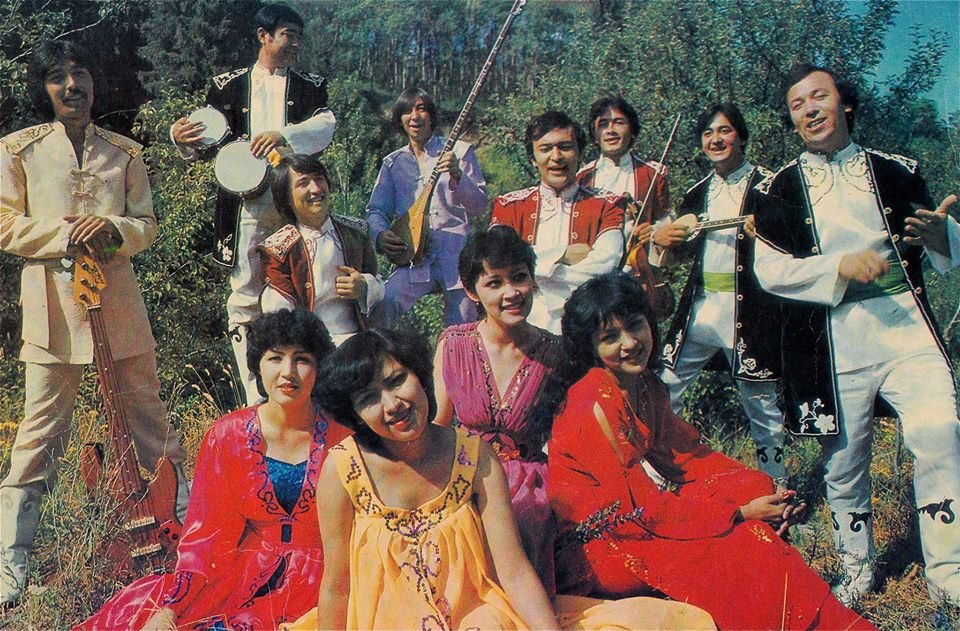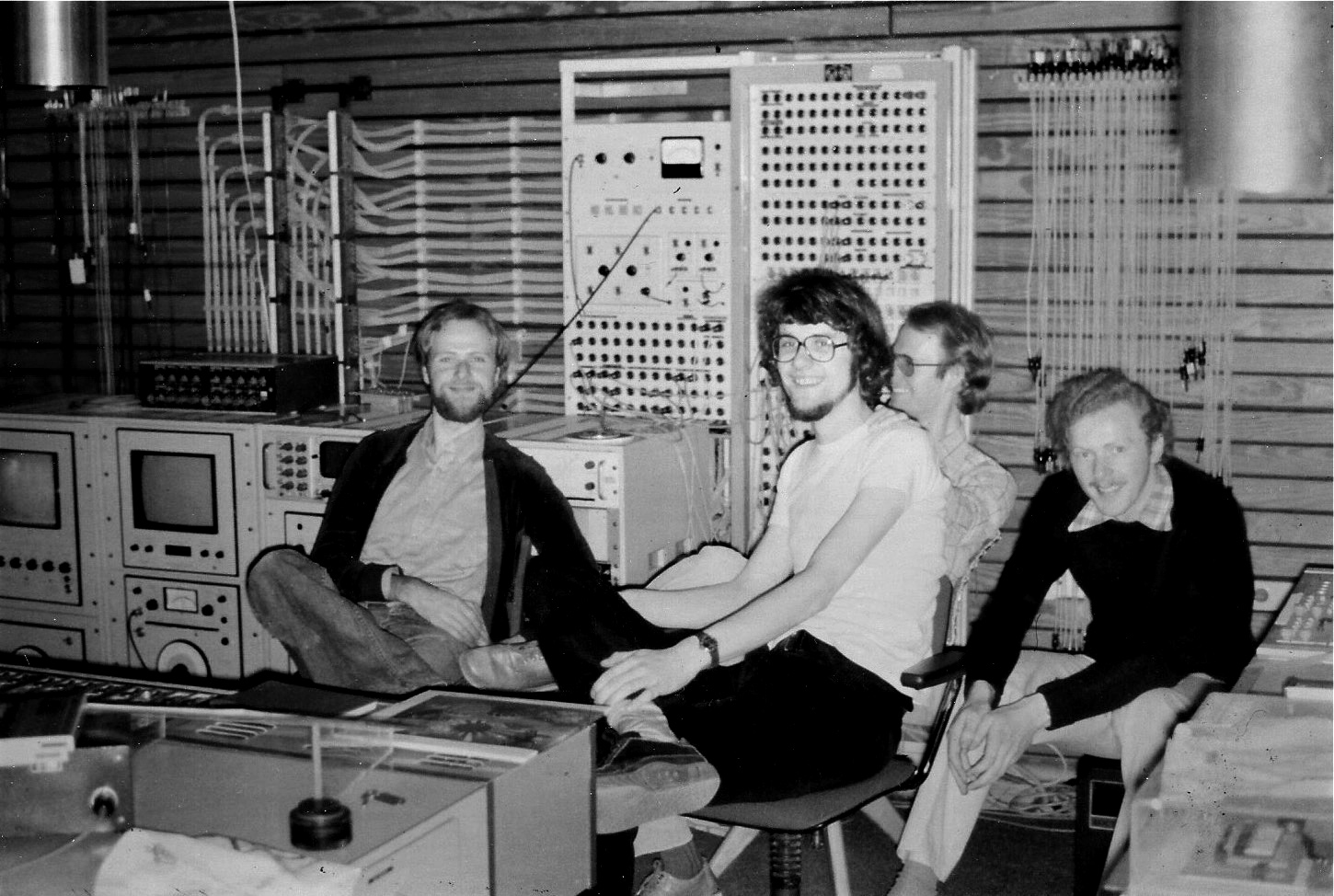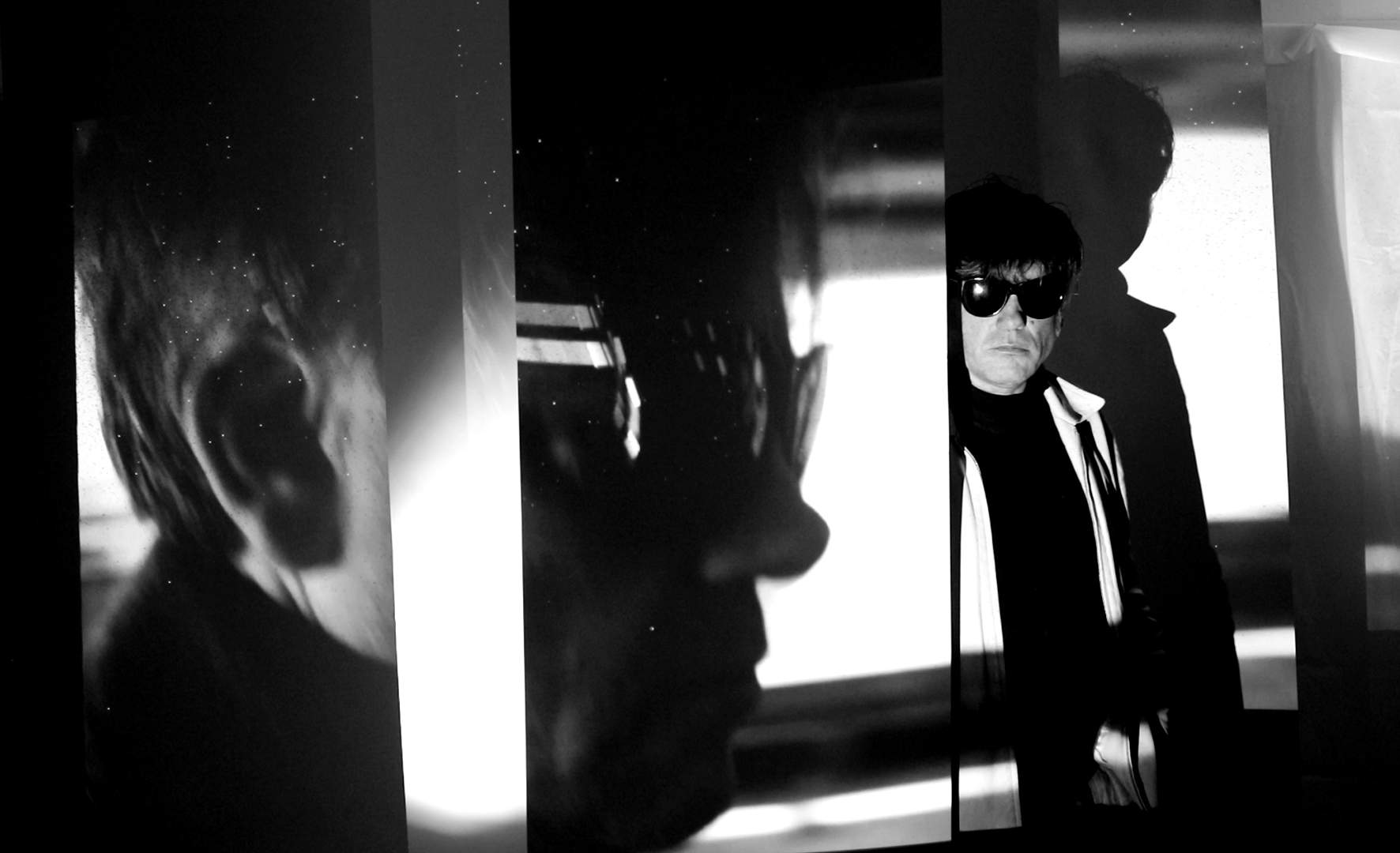Greg “Stackhouse” Prevost – ‘After The Wars’ (2024)
I may already be preaching to the converted here, but that wouldn’t be altogether surprising. However, in case anyone reading this is wondering who in the world Greg “Stackhouse” Prevost is, then listen up. Among other things, Greg is a guitarist, vocalist, and writer—his immersive, autobiographical book ‘On The Street I Met A Dog and the definitive history of The Chesterfield Kings’ was published relatively recently by Misty Lane Music (Italy).
He has penned hundreds of articles and reviews for such magazines as Ugly Things and in his own, now-latent fanzine creations, Future and Outasite. And, of course, he’s also a songwriter. Hailing from the city of Rochester in upstate New York, USA, Greg “Stackhouse” Prevost has been involved in making albums as a solo artist for the last decade-plus, largely writing and scoping out each album on his own before a selection of friends and sympathetic collaborators helps bring the recording process to fruition.
In his own inimitable way, Prevost channels a variety of primitive, old-style blues-based sounds, and his singular style and approach have already been celebrated across ‘Mississippi Murderer’ (2012), ‘Universal Vagrant’ (2015), and ‘Songs For These Times’ (2020)—the last-named album sporting a Dylan (‘Bringing It All Back Home’) cover homage. Utilizing beat-up blues, country and folk, garage punk, and, on occasion, gospel, “Stackhouse” presents his songs mostly on acoustic guitar, with some added slide action here and some mean blues harmonica there. Certain songs are further augmented with electric guitar, banjo, harpsichord, bass, pedal steel, and percussion.
On ‘Songs For These Times,’ aside from versions of some of his favorite ’60s songs, we hear a philosophical Prevost on some of his own excellent compositions, like ‘Acid Rain Falling’ and the ultra-heavy sounding ‘Distant Thunder Calls.’ And bringing us up to date, Spanish label Mean Disposition has also recently issued the latest and perhaps greatest—and certainly strongest—Greg “Stackhouse” Prevost collection thus far. ‘After The Wars’ is, once again, an inspired mix of covers and originals, yet the diaspora of selected material, as well as the depth of concept and overall performance execution across all tracks, somehow feels bigger, grander, with so much more going on this time around—in comparison to what’s already gone down before—which is not to disrespect any of Greg’s previous albums, as each one of them merits attention. But regarding ‘After The Wars,’ I don’t know why, but perhaps after lending your own ears to such awe-inspiring interpretations as Buddy Holly’s deceptively simplistic ‘Learning The Game’ or the ultra-charged reading of the Mountain track ‘Traveling In The Dark,’ well, I’m sure you will arrive at your own conclusion and then be able to make up your own mind as to why this album, in particular, appears to be such a different beast.
More than a few selections from ‘After The Wars’ contain an air of melancholy; a tangible desolation that’s spread across certain tracks. One of the surest examples befitting this description is the stark, poignant rendition of ‘No More Songs,’ originally a Phil Ochs cut included on his 1970 album ‘Greatest Hits.’ Greg told me himself that this was a particularly difficult cut to get down on tape. And if it doesn’t stop you in your tracks and have you wondering if there’s maybe something in your eye, then I’m guessing you’re a lot more together about holding in your emotions. Among the various players and technicians who helped in the making of this astonishing album are Paul Morabito on guitar, Melissa Davies on cello, producer (alongside Prevost himself) and multi-instrumentalist Dave Anderson, and, for the first time ever, Carroll Prevost, Greg’s wife, whose lovely warm vocal tones on the likes of ‘Learning The Game’ and ‘Apartment 9,’ as well as the aforementioned ‘Traveling In The Dark’ and ‘No More Songs,’ provide an extra touch of magic that helps elevate the songs to another level. And on the subject of elevation, there’s also a tremendous folk-rock style version of former 13th Floor Elevators guitarist/vocalist/legend Roky Erickson’s ‘I Have Always Been Here Before,’ a favorite from his 1977 Sponge label EP. This one also features Carroll on backing vocals.

Other highlights include ‘Twelve Gates To The City,’ Armand Schaubroeck’s ‘Babe We’re Not Part Of Society’ (originally a 1966 proto-punk protest waxing by the Churchmice), the careening ‘Roadkill Rag,’ plus another fantastically mesmerizing original in the shape of “No Hallelujah For Glory.” Prevost truly excels on those; his rampaging vocals are a signpost to his earlier life as founder and lead vocalist with Stones-obsessed eighties-through-noughties garage and psych-punk titans the Chesterfield Kings. And closing out the album in unorthodox style, we have the title track—a thoroughly audacious, mad Bosch-like creation. Split into four sections: ‘Pt. 1 Creation,’ ‘Pt. 2 Retribution,’ ‘Pt. 3 Redemption,’ ‘Pt. 4 Zen Cats,’ this is a far-out fusion of alternative noise experimentation colliding into outsider-style psychedelia. The result is a terrifying cosmic enactment of sorts, ending with Bowie’s positively vibed “the sun machine is coming down and we’re gonna have a party” segment from ‘Memory Of A Free Festival,’ plus cue the zen-purring of Prevost’s beloved cat Felix. Truly, the whole thing is quite the sojourn!
Lenny Helsing
Greg ‘Stackhouse’ Prevost – ‘After The Wars’ (Mean Disposition / Penniman Records, 2024)




